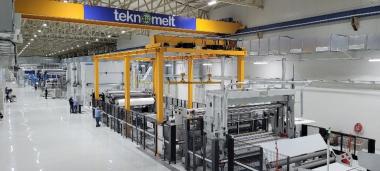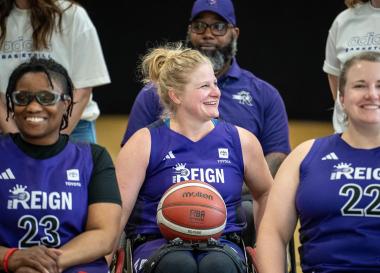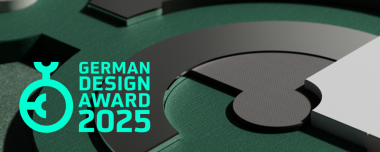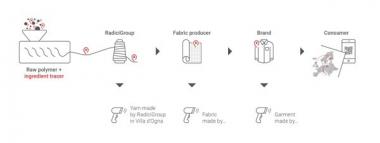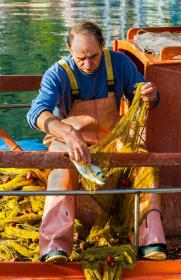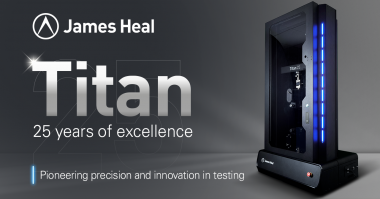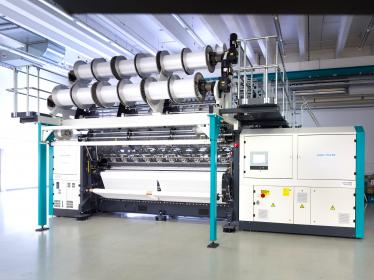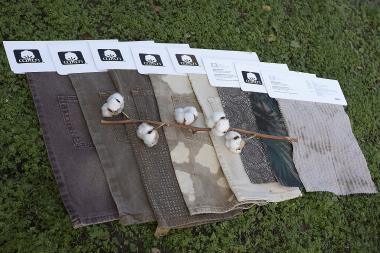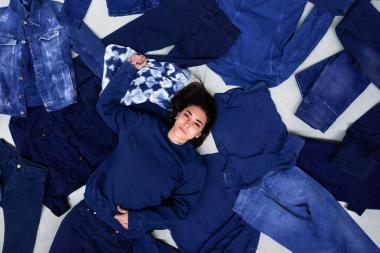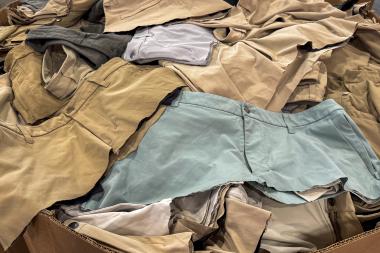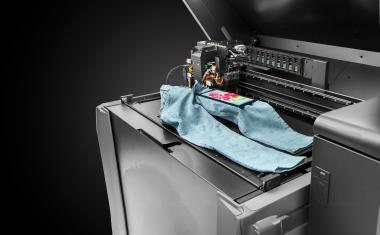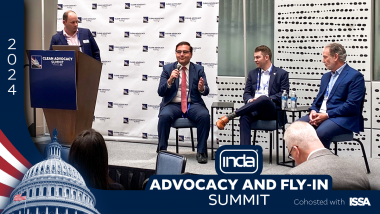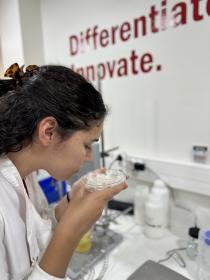Mahlo at Igatex Trade Show, Pakistan
Mahlo GmbH + Co. KG announced its participation in the upcoming Igatex Trade Show, scheduled from 1 to 5 May in Lahore, Pakistan. Mahlo, known for its innovative solutions in the textile industry, will present its latest advancements aimed at improving quality, efficiency, and sustainability in textile manufacturing.
Pakistan ranks among the world's top textile-producing nations, making the Igatex Trade Show a significant platform for industry players to convene, share insights, and explore technologies.
“The visitors can discover our various weft straightening solutions, suitable for different kind of textile applications”, says Clemens Kaplan, Product Manager Textile at Mahlo. He is on site together with the service partners of Mahlo Pakistan and Al Ameen Trading Corporation. “A process control systems tailored to the needs of the customer helps to regulate parameters such as dwell time, exhaust air or temperature. With its commitment to sustainability, Mahlo offers eco-friendly solutions aligned with the industry's growing emphasis on green production from energy-efficient equipment to resource-saving process optimization tools.
Mahlo GmbH & Co. KG





